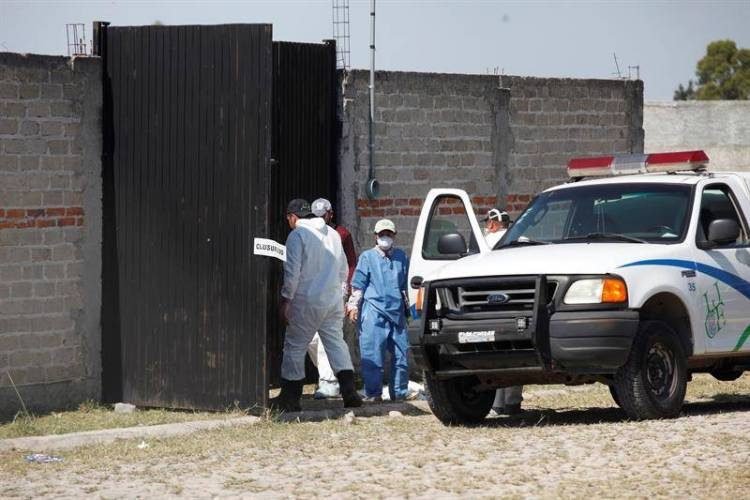Two Cuban migrants were killed in the border municipality of Tenosique, in the southeastern state of Tabasco, Mexico, local media reported this Wednesday, citing the EFE agency.
“The deceased are a man and a woman,” Rubén Figueroa, south-east coordinator of the Mesoamerican Migrant Movement, confirmed to EFE via telephone.
The activist of migrant rights explained that the couple of Cuban nationality were “savagely” stabbed several times in the neck, chest and back, and subsequently “their throats were slit.”
The murdered woman would have been pregnant, he added.
Matan a puñaladas a dos #migrantes cubanos en la #frontera sur de México https://t.co/2yTDsYVdCx
— EFEMéxico (@EFEMexico) November 13, 2019
The bodies were found inside a room the victims had been renting for about two weeks, when they entered Mexico.
The municipal police, the Public Ministry and the Forensic Medical Service cordoned off the crime scene to initiate the investigations.
The finding of the bodies occurred on Tuesday after a phone call that put municipal police on alert.
So far the authorities have not confirmed the identity of the victims. However, migrant advocacy activists claim they are Cubans who left the island for economic reasons.
“We condemn the murder and demand from the Mexican authorities an urgent and rigorous investigation, according to the seriousness of the case,” Rubén Figueroa demanded.
Last October, the Doctors Without Borders (MSF) team in Tenosique, Tabasco, denounced the “increase in kidnappings and extreme violence towards migrants on the southern border of Mexico.”
The warning came based on testimonies collected by that organization that provides medical and psychological care to migrants who travel through southeastern Mexico and who report kidnappings, torture, extreme violence, cruel treatment and sexual assault for extortion purposes, to which that population is being exposed.
In less than a month, MSF cared for 11 migrants who were victims of kidnapping and torture. This figure is equal to the total number of kidnapping cases treated in the first eight months of the year at that point of care.
“The survivors reported in medical and psychological consultations having been extorted and subjected to beatings,” said Gemma Pomares, head of MSF medical activities in Tenosique.
Since October 2018, thousands of migrants, mostly Central Americans, started crossing Mexico in caravan to reach the United States.
At the beginning of June, the United States and Mexico reached a migration agreement that prevented the first country from imposing tariffs on all products from the second.
As a result, Mexico sent the newly created National Guard to the northern and southern borders, which has led to a reduction of about 60% in the migratory flow.










